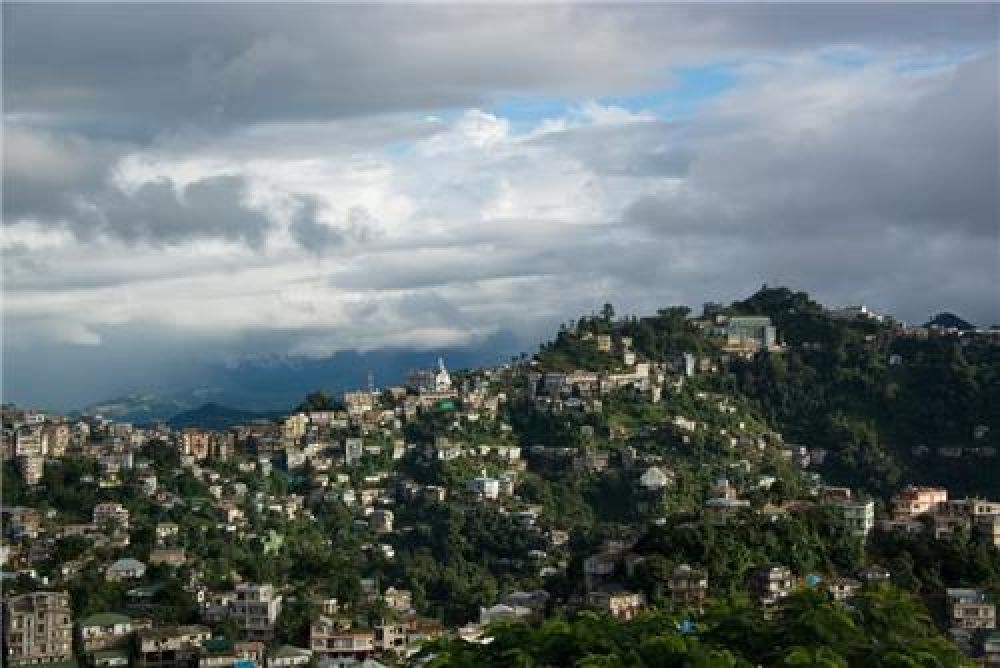

Kolasib Town, nestled in the heart of Mizoram, India, is a picturesque destination that has gradually made its mark on the map of tourism. The history of tourism in Kolasib is relatively recent, with the town gaining attention for its serene beauty, vibrant culture, and lush green landscapes. Mizoram itself opened up to tourism prominently in the 1980s, following the Mizoram Peace Accord in 1986, that ended decades of insurgency and thus, instilled a stable environment for tourism to flourish.
The lure of Kolasib lies in its tranquil hills, rivulets, and the rich cultural heritage of the Mizo people. It is renowned for attractions such as the Vairengte and the Tlawng River, which have been important for the town’s tourism. The fusion of breathtaking natural beauty and the warmth of the Mizo traditions has encouraged an increasing number of visitors.
The town’s tourism infrastructure has been developing steadily, with improvements in transportation and accommodation. The establishment of better road connectivity and comfortable lodging has played a crucial role in making tourism a viable option for Kolasib. Projects such as The Integrated Development of New Eco-Tourism have been initiated to prepare destinations, including Kolasib, for an influx of tourists.
In recent times, Kolasib has been tapping into eco-tourism, taking advantage of its unspoiled natural environments and promoting sustainable travel experiences. Adventurous activities like trekking, bird watching, and wilderness camping have become increasingly popular among both domestic and international tourists. Besides, community-based tourism initiatives allow visitors to experience Mizo hospitality and culture intimately, fostering a deeper connection between the local community and tourists.
The government of Mizoram continues to focus on promoting tourism while preserving the ecological integrity and rich cultural fabric of Kolasib. With an aim to develop Kolasib as a significant tourist spot in the Northeast region of India, ongoing efforts include marketing campaigns, facilitation of travel, and ensuring the protection of the environment against the adverse effects of tourism. It is an evolving destination, where the future of tourism looks to balance growth with sustainability.